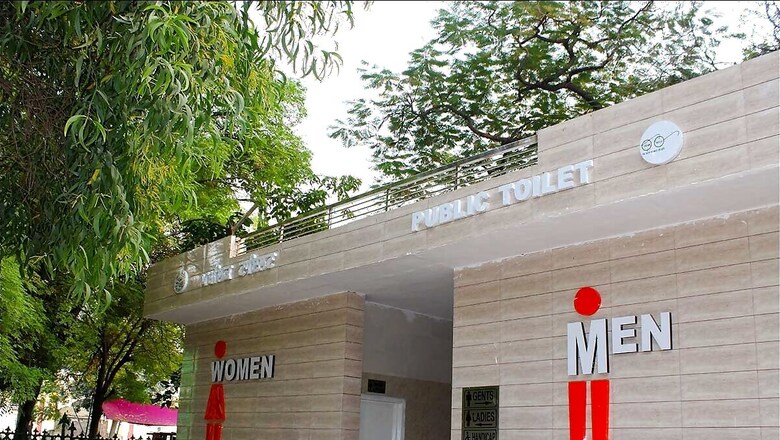
views
Access to proper sanitation in many parts of the world is a luxury that millions of people cannot afford. This access to such a basic need is not just about convenience. It is also about safety, dignity, and social inclusion. Its lack exposes people, especially women and girls, to a host of dangers, from health risks to harassment. Recognizing the severity of this issue, the United Nations has made universal access to water and sanitation one of its Sustainable Development Goals (SDGs).
In India before the launch of the Swachh Bharat Mission- Grameen (SBM-G) in 2014, the state of sanitation in the country was deplorable. Only around 40% of households had access to a toilet. This ambitious mission which largely focused on Behavior Change Communication (BCC), engagement of women, and social inclusion, has been nothing short of a resounding success. Since 2014 millions of household and public toilets have been constructed in rural India.
Improved quality of life
The need and impact of having access to a toilet cannot be overstated. A survey revealed that many women used to spend up to an hour each day walking long distances to defecate in the open. Often, they had to rely on relatives or neighbors to care for their dependents during this time, adding unnecessary stress to their lives. However, the construction of household and public toilets changed all of this. Now, 97% of men no longer have to traverse challenging terrains, and 90% do not have to suffer discomfort of open defecation. The convenience brought about by the construction of toilets has improved the overall quality of life in India.
Sense of self respect and dignity
Defecating in public can be a traumatic experience for women as it brings physical dangers and a sense of shame and humiliation. Women feel embarrassed due to the taunting and verbal abuse they faced while going to defecate in the open. This feeling was compounded during challenges of menstruation when changing sanitary materials in public becomes even more awkward. However, the construction of private and public toilets changed this unfortunate experience. With the construction of toilets, women found a sense of self-respect and dignity when they could change their sanitary materials in private.
Towards more inclusive society
Security for women is not just about accessing a toilet. It is fundamentally rooted in gender disparity hence in order to move away from this insecurity, it is important to place gender disparity at the heart of policy discussions. The gender experts are of the view that the discourse must be framed within the context of ‘rights, agency, choice.’ It is said that this shift in perspective can help institutionalize the use of toilets as a fundamental human right and move society towards being more inclusive.
The construction of public and private toilets is not just about improving sanitation. It brings social inclusion and empowerment to communities and provides a safe and dignified space for everyone, especially marginalized communities including women and girls. The success of initiatives like the Swachh Bharat Mission shows us that we can build a more inclusive society if sanitation is approached from a holistic and inclusive perspective. As India works towards the goal of universal access to water and sanitation,it is important to keep in mind that public toilets are more than just infrastructure. They are the agents of change, dignity, and social inclusion.




















Comments
0 comment